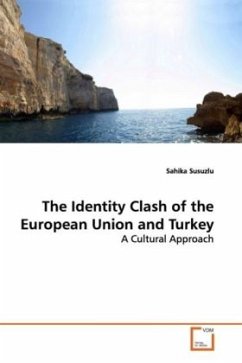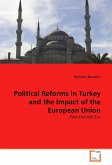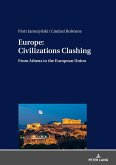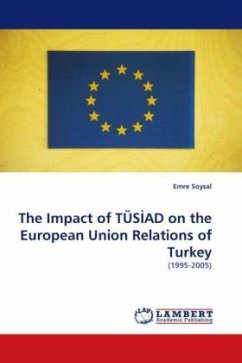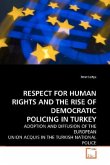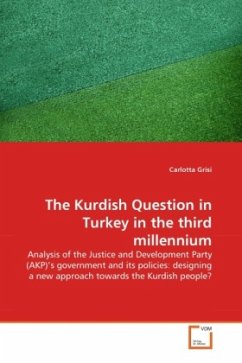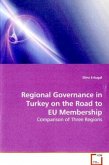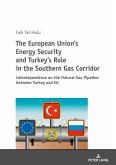This book aims to analyze the common cultural values
that hold the EU together. The effect of European
identity on Turkey EU relationship is examined.
The EC was founded because of economic expectations
but with the end of the Cold War and break down of
East Europe from the USSR, identity issues began to
rise as a consequential subject. The satisfaction in
the economic expectations resulted with the increase
in the authority of the EU as a supranational
organization. At present, EU has twenty seven
members. Therefore, a common culture is needed to
hold the union together and to create a sense of
belonging to the EU. The influence of historical and
religious values on forming a European identity is
examined. How does Europe perceive Turks throughout
history? Why does European Union hesitate to embrace
Turkey? What diversifies Turkey from the EU in the
cultural aspect? The effect of cultural values on
Turkey EU relationship is analyzed. The discourses
of important political leaders and thinkers on the
importance of common cultural heritage and their
comments on Turks and Turkey s membership process
are presented.
that hold the EU together. The effect of European
identity on Turkey EU relationship is examined.
The EC was founded because of economic expectations
but with the end of the Cold War and break down of
East Europe from the USSR, identity issues began to
rise as a consequential subject. The satisfaction in
the economic expectations resulted with the increase
in the authority of the EU as a supranational
organization. At present, EU has twenty seven
members. Therefore, a common culture is needed to
hold the union together and to create a sense of
belonging to the EU. The influence of historical and
religious values on forming a European identity is
examined. How does Europe perceive Turks throughout
history? Why does European Union hesitate to embrace
Turkey? What diversifies Turkey from the EU in the
cultural aspect? The effect of cultural values on
Turkey EU relationship is analyzed. The discourses
of important political leaders and thinkers on the
importance of common cultural heritage and their
comments on Turks and Turkey s membership process
are presented.

